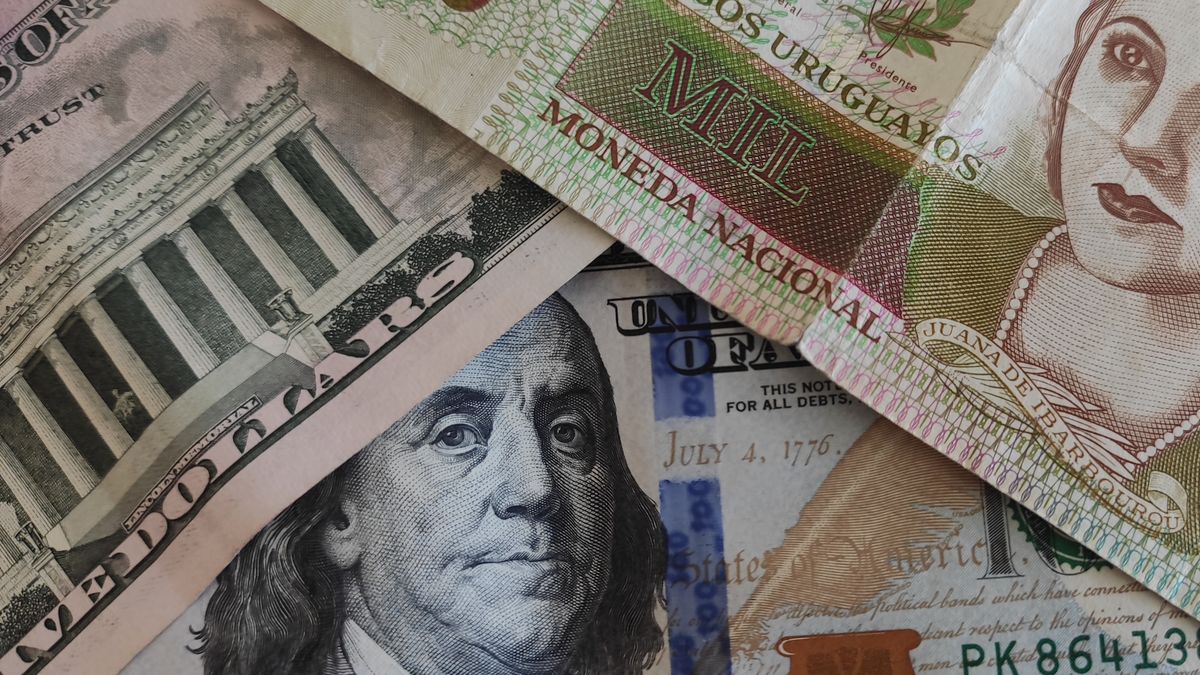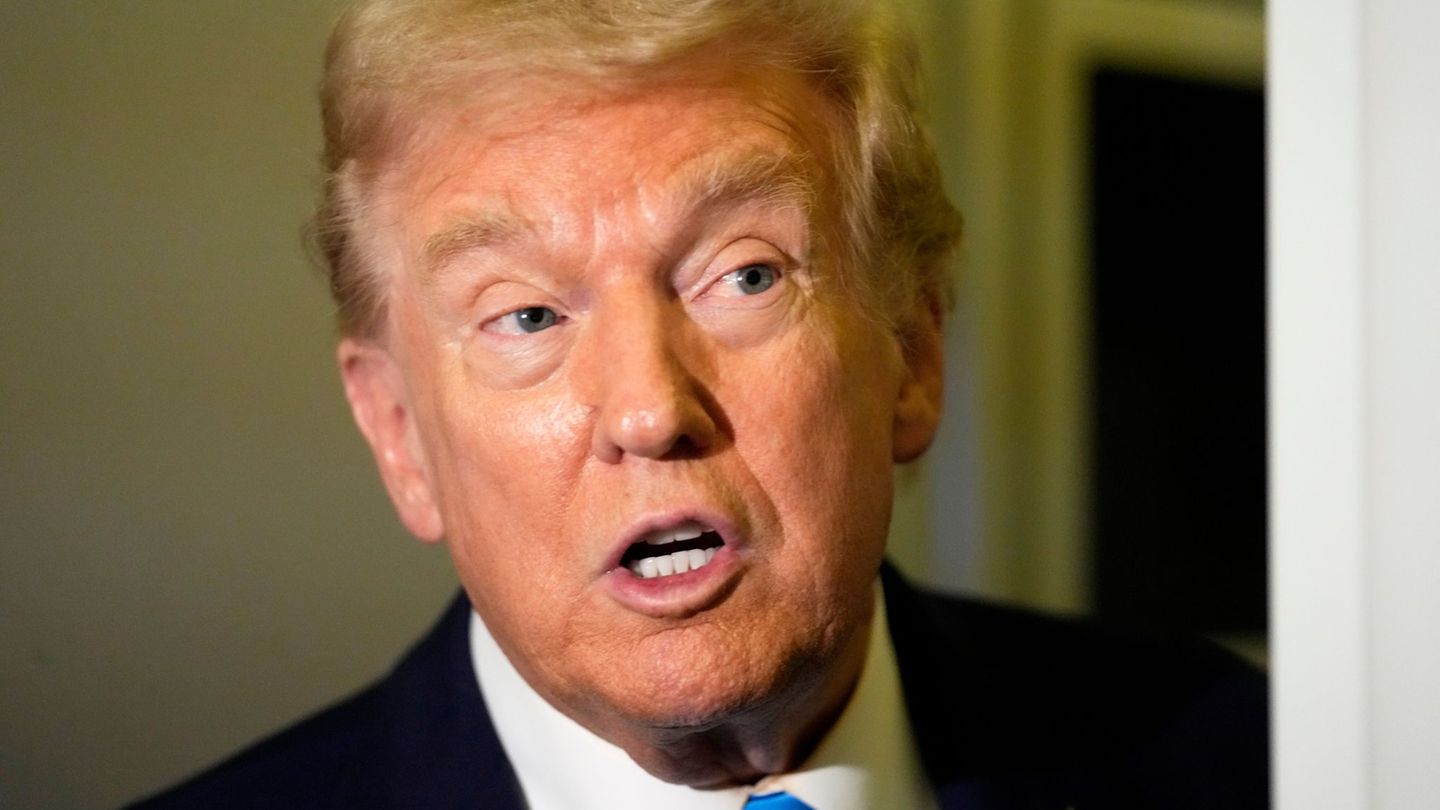He exchange delay It is a recurring concern in the agricultural sector and in industrial entrepreneurs, a situation that the government admitted, but that also generated a response from the Minister of Livestock, Agriculture and Fisheries, Fernando Mattos, who stated that “it would not be reasonable to have a dollar 20 pesos more expensive than today.”
In this way, although he admitted that the producers “are right in their claims” and analyzed that the measures promoted by the government “have not been effective,” the leader marked the field for the Rural Federation, entity that had claimed a dollar to 58 pesos after warning of “the eternal return” of the exchange delay.
Mattos admitted in a press conference that the claims of the agro “they are well accepted and must be considered,” although he clarified: “Nor do we understand that it would be reasonable to have a dollar 20 pesos more expensive than today.”
“Yes, it would be a great relief for the productive system to have a more aligned and competitive dollar,” he countered and observed: “We have a dollar that does not help the export process; it has become burdensome for the productive sector.”
The intervention of the BCU “can be a dead end”
Asked about whether the BCU should intervene, as some productive sectors demand, the minister considered that a measure of this caliber “can be a dead end because afterwards it is not enough.”
“The size of the Uruguayan economy It is of low incidence compared to that of the entire regional economy. Then it can lead to us squandering reserves and not being able to reverse it,” he warned.
On the other hand, he highlighted among the government’s achievements the drop in inflation, the improvement of investor grade and “a certain fiscal balance, without squandering of resources,” which is why he insisted: “Generating intervention in the market that generates a diversion of resources from the country’s net reserves would put it in conditions of inequality.”
The importance of monetary policy and the decisions of the Fed
When referring to the future of dollar in the exchange market Uruguay, Mattos considered that “there are signs such as a reduction in reference interest rates by the United States Federal Reserve (Fed)”.
In this regard, he stated that the probable reduction in the rate by the Fed “could weaken the dollar internationally, which has strengthened in relation to almost all currencies”, after which he evaluated: “It is a factor that would have an impact here and could determine that the BCU, after reaching the inflation goal, reduces its own reference rates, which could move the exchange rate up.”
The claims of agriculture and industry
By demanding measures from the government, the Rural Federation issued a statement a few days ago to ask for a dollar at 58 pesos to “be able to equate it to the average reference level”, which they place above 43 pesos.
The union entity questioned the exchange delay, considering that “the consequences are repeated given that the disease is the same, a sector with indebtedness growing”.
Something similar happened from the industrial sector, since the president of the Confederation of Business Chambers, Diego O’Neill, He admitted that “he is very concerned” about the value of the exchange rate and its impact on production, which is why he asked the BCU to intervene in the face of what they considered to be the income of “speculative capital of the outside”.
Source: Ambito




